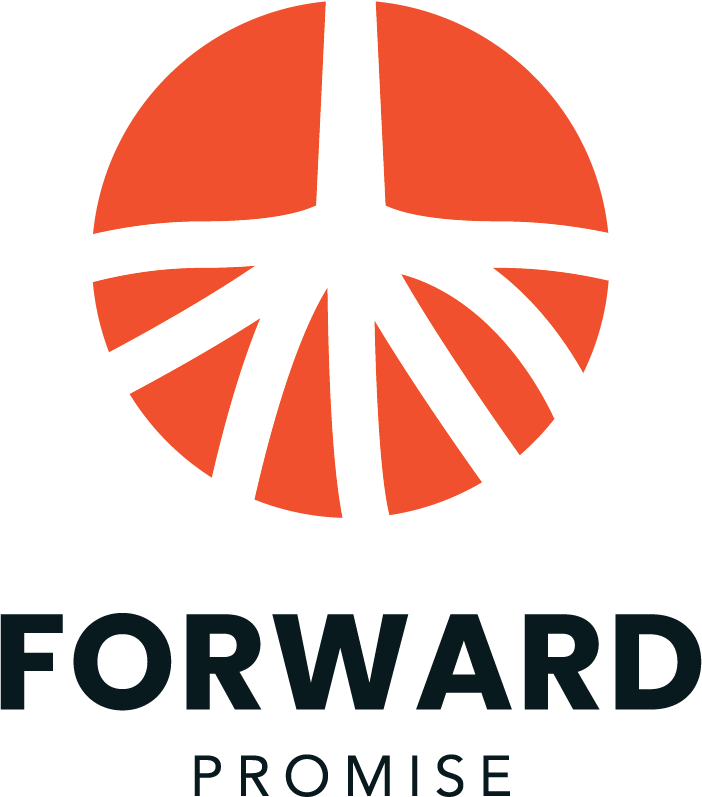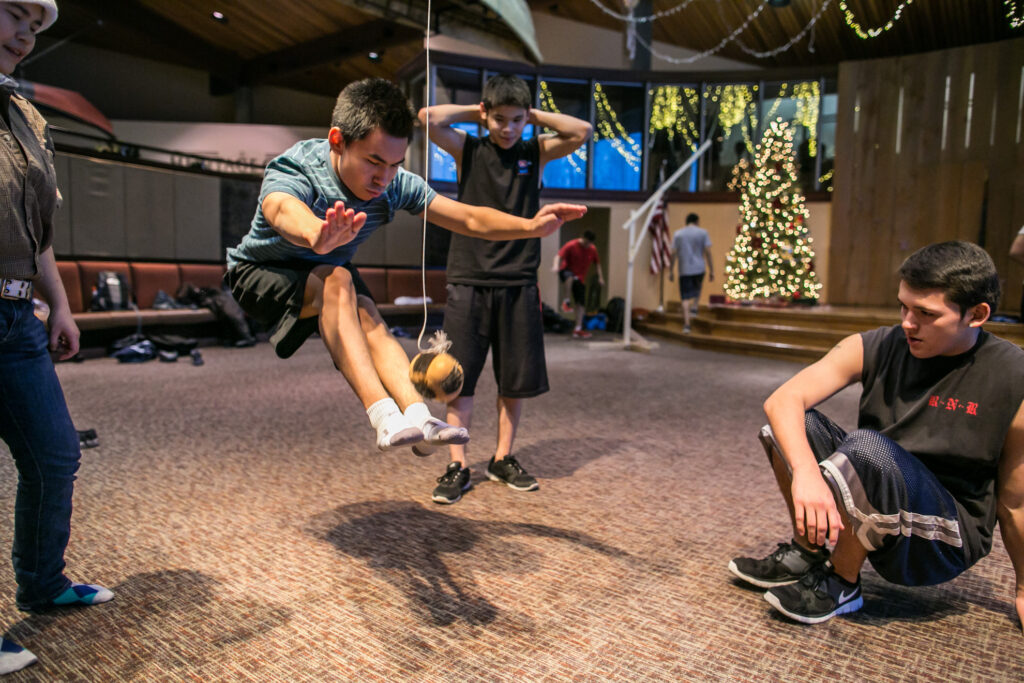The COVID-19 pandemic revealed that young people of color and their communities are, indeed, experiencing a mental health crisis. At the height of the pandemic, Black and Brown people not only encountered greater food insecurity, housing instability, and economic struggle than our white counterparts, we were dealt yet another blow to our humanity and collective psyche with even more public executions of people of color who were just living their lives. Two years later, we have not recovered from the deep traumas inflicted by the dual pandemics of COVID-19 and racism.
Though much has been written about the particular ways that COVID-19 has impacted the mental health of children and teenagers, not enough is being shared about the racial trauma and emotional distress Brown and Black children and youth experience daily. Just a few weeks ago, we watched an armed white man livestream on social media as he intentionally and callously murdered ten people and injured three others in a racially motivated rampage at a grocery store. These all-too-common horrors have a crushing cumulative effect on the health of Black and Brown people—burdening us with elevated instances of stress, anxiety, depression, and other mental disorders.
Our traumas do not define us; therefore, substantive discussions about mental health for people of color must first address the societal and systemic challenges we navigate. We cannot begin these discussions with Western therapies. We cannot begin with nutrition. We cannot begin with any other deficit-based intervention that effectively blames us for our traumas. We must begin by identifying and disrupting dehumanization in the systems that are meant to heal by renouncing the false narratives that demonize and label us with a multitude of pathologies. The results of those narratives are motivation for the dangerous actions that harm us and the cause of the toxic stress we fight against.
How can we reclaim our humanity and heal?
The antidote is not just within us. In many ways, the antidote is us. It is Black and Brown people showing up as our full, authentic selves, deeply rooted and connected to our ancestral cultures, wisdoms, traditions, rituals, and practices. Examples such as intergenerational family approaches, group counseling, cultural art and music therapies, sacred healing circles, sweat lodges, and storytelling can serve as protective factors against the effects of mental distress and racial trauma. Our Forward Promise grantee organizations are experts in using culturally responsive healing practices (CRHP) to help young people to see themselves and other individuals for their sacred humanity. Culturally responsive programming requires that we:
- Encourage youth to tell their true stories. Authentic storytelling that integrates folk stories, oral traditions, or ancestral rituals can help youth of color to solidify their identities and restore their self-worth. Relaying their true narratives uplifts their sacredness and diverse realities.
- Recognize and magnify the cultural and spiritual lineage of Brown and Black young people. Healing practices grounded in culture are legitimate and effective, and they honor the identities, power, and potential of youth of color. These strategies should not be dismissed because they do not align with Western therapeutic models or are not recommended in peer-reviewed reports written by white researchers.
- Create safe spaces for young people to receive care that affirms their humanity. We must invest in community-based, youth mental health organizations and school-based programs that reflect a culturally nuanced approach to healing that integrates mind, body, and spirit. These spaces also serve our young people’s needs for connection, protection, affection, and redirection.
As people of color, we are born with an unbreakable bond to the healing practices passed down to us from our ancestors and found within the cultures of our communities. In reconnecting to this wisdom, we can renew our spirits, strengthen our mental and emotional health, and embolden our hearts to reclaim our full humanity. Our cultures hold our healing.


